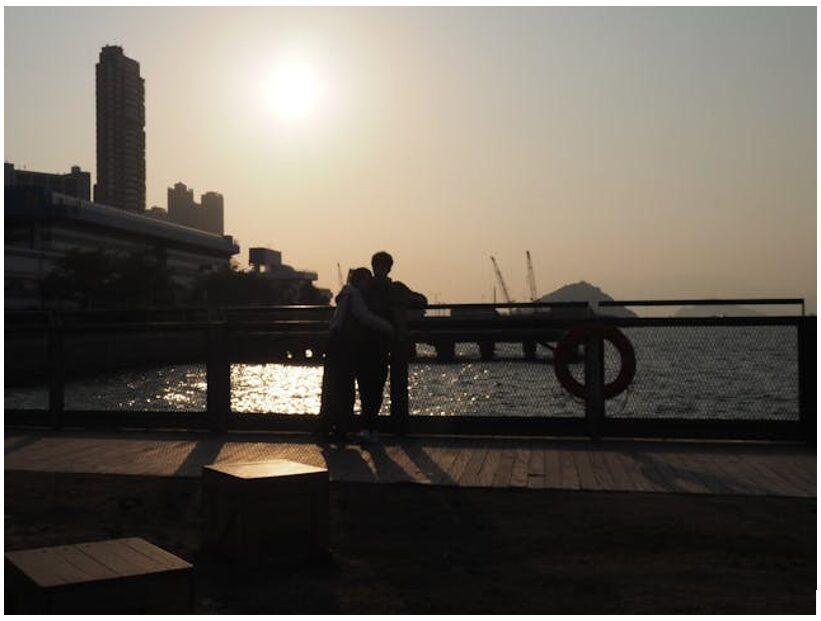DESPITE economic improvements, the Philippines’ ranking in the 15th global “State of the World’s Mothers” report (released by Save The Children, a non-government organization) has slipped four notches — placing 105th among 178 countries.
The country is one spot below Iraq — a nation burdened with significant violence and conflict, as reported by Inquirer.net.
Five factors are considered and measured, as basis for the rankings: Lifetime risk of maternal death, under 5 years-old mortality rate, expected number of years of formal schooling, gross national income per capita, and participation of women in national government, Inquirer.net further said.
In a press conference, Save The Children Philippines Country Director Ned Olney said that “the Philippines has slipped despite a 30 percent drop in lifetime risk of maternal death and despite 26 percent drop in mortality.”
“Other countries are making faster, more rapid progress than the Philippines. Philippines has been stalling,” he added.
“Iraq has done amazingly well in keeping their health system functioning despite the conflict, people are still making it to health services and clinics,” Olney said.
“Here in the Philippines, we’ve seen that because of the battering of the storms year after year, health services and systems physically collapsed and then you get thousands of women, we’ve seen 45,000 women give birth outside of health systems [in areas devastated by supertyphoon Yolanda,]” he further said.
In the Southeast Asian region, Singapore ranks 15th; Malaysia at 68th; Thailand is at 72nd; Vietnam at 93rd; Indonesia at 113th; Laos at 129th; Cambodia at 132nd; and Myanmar at 157th.
According to Olney, “[The] Philippines is not making the progress it should be, especially in the maternal mortality and under 5 years old mortality.”
The report makes recommendations to “national governments, donor countries, international agencies, the private sector and civil society” who “have a shared responsibility to ensure that mothers and children living in crisis-affected contexts have the best chance to survive and lead healthy lives.” Here are some of them:
1. Ensure that every mother and newborn living in crisis has access to high quality health care.
2. Invest in women and girls and ensure their protection.
3. Build longer term resilience to minimize the damaging effects of crises on health.
4. Design emergency interventions with a longer term view and the specific needs of mothers and newborns in mind.
5. Ensure political engagement and adequate financing, coordination and research around maternal and newborn health in crisis settings.
Hopefully, the much-contended Republic Act 10354 (aka Reproductive Health Law) which has been deemed “constitutional” (though eight provisions have been struck down partially or in full) by the Supreme Court on April 8 this year, would help alleviate the country’s woes when it comes to maternal mortality and family planning.
While helping mothers and children “living in fragile communities,” may seem like a gargantuan undertaking, keeping in mind the crucial role of mothers in society makes every effort worthwhile.
As Save The Children USA President and CEO Carolyn Miles said in her introduction: “Motherhood is the toughest job in the world. With long hours, constant demands and no time off, caring for our children is an all-consuming task. But for women living in crisis, the challenges of being a mother are greater — and stakes are so much higher.”
“Any mother, anywhere – myself included – will do anything to protect her children. From their very first breath, we promise to keep our babies safe from harm – we tell them they can count on us. And when disaster strikes, it’s more difficult and more important than ever to keep that promise,” she further states.
To all the mothers and mothers-to-be, Asian Journal wishes you a happy Mother’s Day!
(AJPress)
Back To Top






